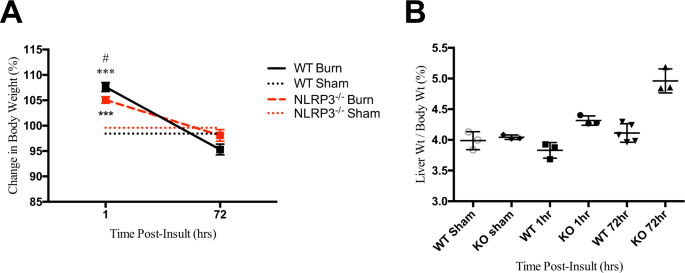
- Select a language for the TTS:
- UK English Female
- UK English Male
- US English Female
- US English Male
- Australian Female
- Australian Male
- Language selected: (auto detect) - EN
Play all audios:
The political class, including most commentators, has become lazy. And the torpor has facilitated Boris Johnson’s assassination of Labour. There is a certain _stasis_ involved in the way
these people think about things. Within minutes of the exit poll on December 12, the commentariat looked deep into its reserve of prejudices and offered up two predictions, neither of which
showed any capacity for reflection. The first of these is that, because Johnson has secured such a comfortable victory, he is no longer beholden to the “extremists” in the ERG. According to
this Rorke’s Drift incarnation of Remainerism, all is not lost. They may be inconvenienced, crowded in on all sides by democratic mechanisms — referendum, election following the referendum,
European election following the election which followed the referendum, election following the European election — but there is still all to play for because Johnson once wrote two articles
in one day. We don’t yet know, on this analysis, what Johnson really thinks about Brexit. But the clues are there. It is obviously true that Johnson is not “beholden” to Steve Baker, but
that doesn’t mean he doesn’t agree with him; and I suspect he doesn’t feel that well disposed in the direction of Hilary Benn, against whom the Prime Minister has returned a serve by
inserting into the Withdrawal Bill a requirement that the transition period not be extended beyond next December. Never has revenge taken such a deliciously symmetrical form. How can any
Labour MP, who connived in the Bercow Subversions, complain about Johnson’s own constitutional creativity? The second prediction, made by the blinking and bewildered BBC types on that
wonderful morning of a fortnight ago, seems to be this: that because Johnson has won in “traditional Labour heartlands” he will be required to recalibrate in the direction of the political
heritage of the people in those heartlands. Johnson, on this view, has been “lent” the working class vote in a Brexit election and unless he bends the Tory party in the direction of Labour
orthodoxy he will be required to repay the loan in 2024. As if there is such a thing as the “working class vote”. I said to a friend of mine 18 months ago, when it looked like we might be
forced to suffer a second referendum, that it would be like offering a Mars bar to Bruce Banner just as he was turning into the Hulk; that the anger would sweep through the political class
and shatter the covenant of trust that is a necessary condition of a viable democracy. We didn’t quite get to that point, but the machinations of the House of Commons, in the end, forced a
situation in which we were able to give vent to that frustration, the feeling that, whatever we voted for, the Establishment could merely set it aside through well-rehearsed and ingrained
habits of constitutional condescension. The people in the Blyth Valley want good services, yes. But what they want is more fundamental: that when you promise them a hospital they know you
will deliver it; and that when you offer them a vote in a referendum you will not then cancel it. The two are intrinsically linked. The people of Grimsby want more police officers, yes. But
they want to know that when you invite them into a plebiscite, their vote will not be neutralised by the preoccupations of a metropolitan elite which claims to know your vote better than you
do. These cannot be separated. Johnson is ahead of this curve. He has not fallen victim to _stasis_. Where the commentariat sees things as being unidirectional, he detects a synergy. He is
forming a proper relationship with the people in those places who voted Tory for the first time: he is turning a “lent” vote into one which is held in trust. He recognises that the people of
Bolsover share a collective energy that is at least equal to the entitled assumptions of the people of Islington, and that the former are right to demand to be considered not as
supplicants, but as stakeholders. The Labour Party promulgated a distasteful programme of identity politics in this election, only to have a privileged Etonian reach into its safe seats and
invite the constituency into an alternative partnership. They accepted the invitation. The Labour Party is now going through an election in which Keir Starmer is pretending to be working
class, and Emily Thornberry is trying to sound like Victoria Wood. I suspect it won’t end well. It’s said that we need a functioning opposition to hold the executive to account. But that
depends on the basis on which the opposition “functions”. This Labour Party has no _right _to survive — no party does. It’s turned itself into something grotesque. Johnson inherited the
worst deal in history — one which, by subterfuge, embedded certain “mechanisms of Remain”. He needs to spend the next year dismantling those mechanisms while, at the same time, ensuring that
the inevitably anomalous status of Northern Ireland is not amplified into a constitutional crisis. He has earned the goodwill of all of those who respect the 2016 result in his attempt to
keep those plates in the air.





